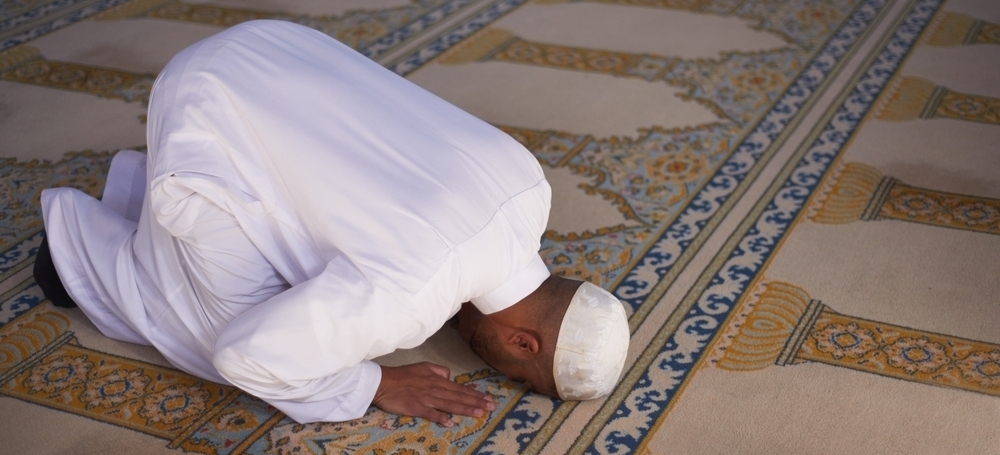What Is the Ruling of Doing Deeds without Specifying the Pleasure of Allah?
Answered by Mawlana Ilyas Patel
Question
When it is Asr time, I don’t make a separate intention. For example, I hear the adhan, and without thinking about anything, I go and make wudu, then pray. Is my prayer valid and rewarded?
Also, I didn’t make such an intention while caring for my parents. I didn’t make it while doing ghusl; I made it for fasting.
Many people do deeds for reward, not sure about pleasing Allah. For example, they help someone in finance and do it thinking they will get the reward. They don’t think about pleasing Allah. Will they be rewarded for it?
For example, people fast for reward, and fear of hell, not for pleasing Allah. As I write this, my heart says that you didn’t do deeds without intending to please Allah. Kindly clarify.
Answer
In the Name of Allah, the Most Merciful and Compassionate
I commend you for being concerned about doing all acts and works intending to please Allah (Most High).
Intentions for Acts of Worship
Intentions are a legal requirement for specific acts of worship, such as prayer and zakat, yet not for all regular actions. Although making intentions for the latter, such as eating is a way of excellence and the teachings of the Prophet (Allah bless him and give him peace)
If one prepares for prayer by listening to the adhan and doing the wudu, this is an intention to pray. Your prayer will be valid and rewarding. However, bringing about an intention in one’s mind for each act and deed, renewing and sustaining it, is a sunna.
Pleasure (Rida) in the Quran
The word rida (pleasure) is repeated in 6-7 verses.
The link in all these verses is that Allah’s pleasure is acquired through having obedience unto him, sacrifice, commitment, loyalty unto Him, humility, and fear of Him in all that we do, accepting one’s destiny and making continuous supplication for it.
This is why, one of the supplications of the Prophet for our morning adhkar is:
رَضِيتُ بِاللَّهِ رَبًّا ، وَبِالْإِسْلَامِ دِينًا ، وَبِمُحَمَّدٍ نَبِيًّا
[I am pleased with Allah as my Lord, with Islam as my religion, and with Muhammad (Allah bless him and give him peace) as my Prophet]
The Prophet mentioned in the hadith whoever said this in the morning would be granted Jannah. [Abu Dawud]
Allah’s pleasure comes from softening the heart through dhikr. This establishes pleasure (rida).
Every true believer is seeking Allah’s (Most High) pleasure. But the sunna also recommends renewing intentions and sustaining them because they can often become unclear and sometimes muddy. Thus, for example, somebody who makes a specific intention at the time of eating and remembers Allah Most High therein is unlike the one who made a general intention at some point in their life.
Below is a reader on intentions, purpose, doubts, and misgivings:
- A Reader on Sincerity, Intention, and the Purpose of Spiritual Routines – SeekersGuidance
- A Reader on OCD and Waswasa (Baseless Misgivings) (seekers.flywheelstaging.com)
- How Can I Make a Correct Intention So That My Good Deeds Are Rewarded?
- What Is the Ruling of Doing a Good Deed Seeking Worldly Benefit?
- Can Good Deeds Be Sabotaged?
- Is It Permissible to Do Good Deeds Intending to Please God and His Prophet?
- Is Doing Good Deeds for the Sake of Allah Selfish?
May Allah Most High grant us all the success to continuously renew and sustain our intentions, pleasing Allah in all that we think and do, amin!
I hope this helps.
[Mawlana] Ilyas Patel
Checked and Approved by Shaykh Faraz Rabbani
Mawlana Ilyas Patel is a traditionally-trained scholar who has studied within UK, India, Pakistan, Syria, Jordan and Turkey.
He started his early education in UK. He went onto complete hifz of Qur’an in India, then enrolled into an Islamic seminary in UK where he studied the secular and Alimiyyah sciences. He then travelled to Karachi, Pakistan.
He has been an Imam in Rep of Ireland for a number of years. He has taught hifz of the Qur’an, Tajwid, Fiqh and many other Islamic sciences to both children and adults onsite and online extensively in UK and Ireland. He was teaching at a local Islamic seminary for 12 years in the UK where he was a librarian and a teacher of Islamic sciences.
He currently resides in UK with his wife. His personal interest is love of books and gardening.
